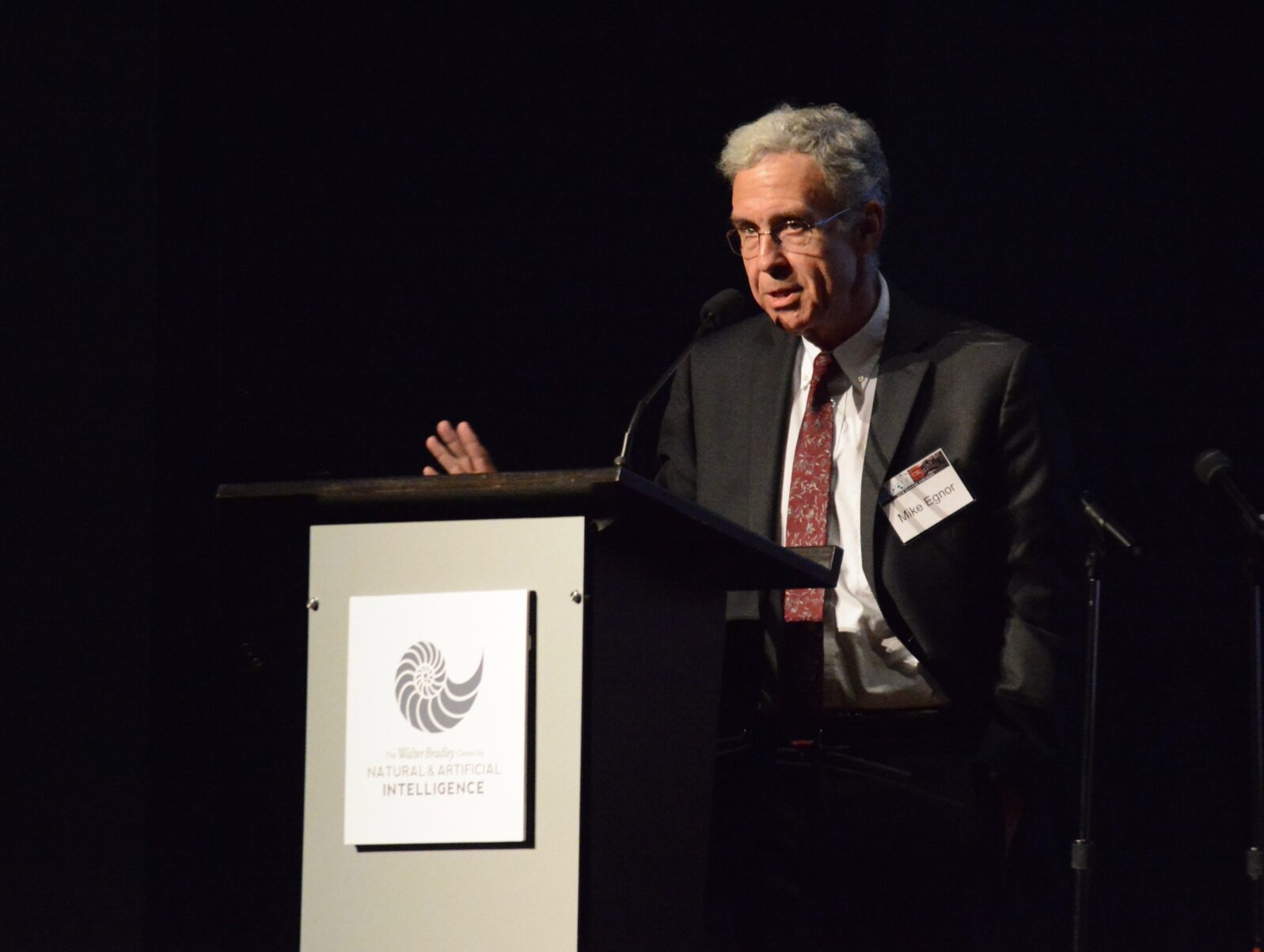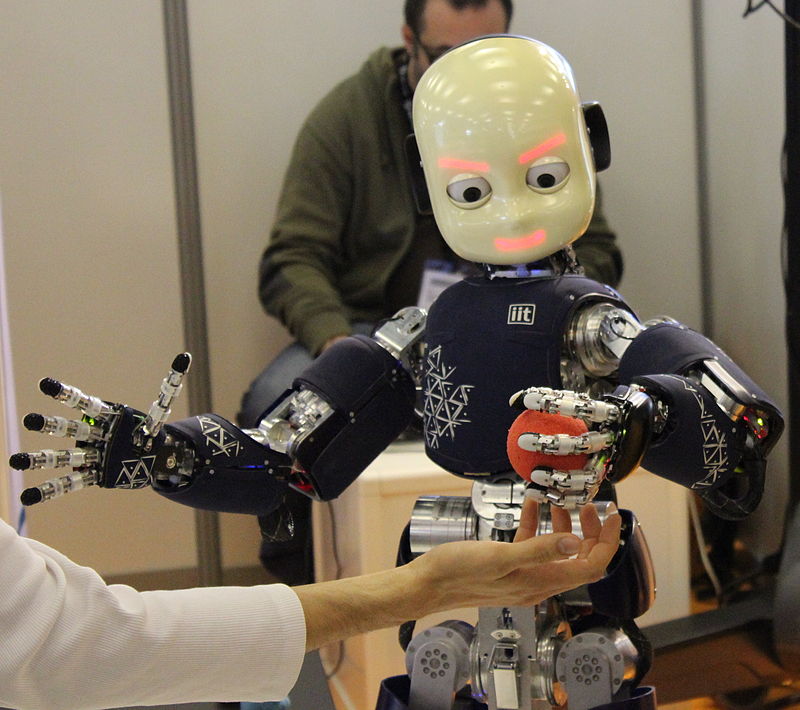 From Michael Egnor at Mind Matters Today:
From Michael Egnor at Mind Matters Today:
The hallmark of human thought is meaning, and the hallmark of computation is indifference to meaning. That is, in fact, what makes thought so remarkable and also what makes computation so useful. You can think about anything, and you can use the same computer to express your entire range of thoughts because computation is blind to meaning.
Thought is not merely not computation. Thought is the antithesis of computation. Thought is precisely what computation is not. Thought is intentional. Computation is not intentional.

A reader may object at this point that the output of computation seems to have meaning. After all, the essay was typed on a computer. Yes, but all of the meaning in the computation is put into it by a human mind. Computation represents thought in the same way that a pen and paper can be used to represent thought, but computation does not generate thought and cannot produce thought. Computation can, of course, distort thought, reveal thought, conceal thought, etc., just as pen and paper can. And that is the challenge we face in understanding how artificial intelligence works and how it will affect us.
But to believe that machines can think or that human thought is a kind of computation is a profound error. More.
Note: Mind Matters Today is the blog of Walter Bradley Center for Natural and Artificial Intelligence
See also: Modern brain imaging techniques offer examples of a human mind with very little brain (Michael Egnor)